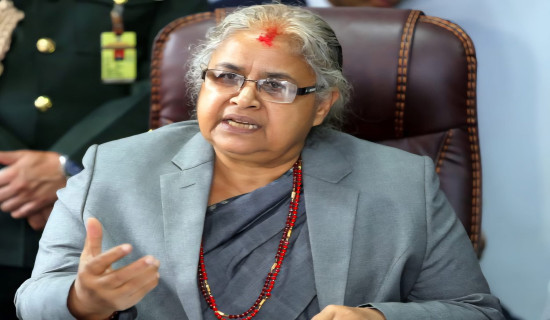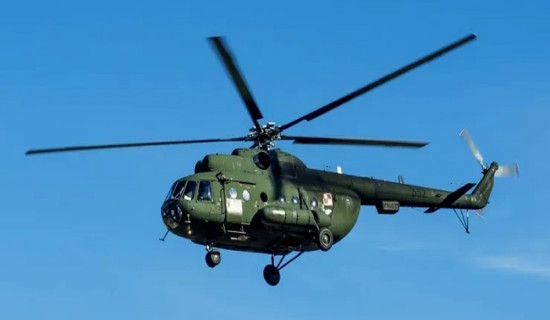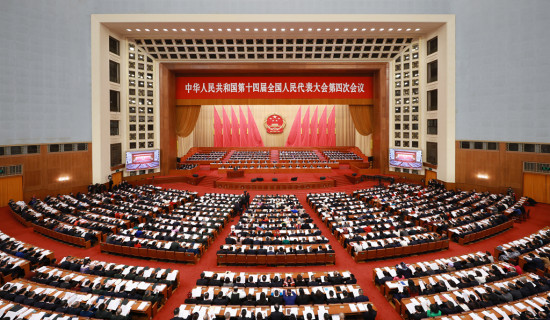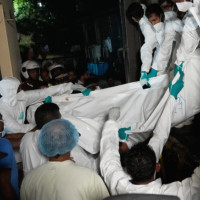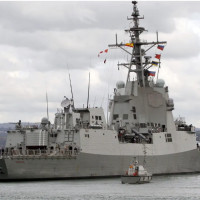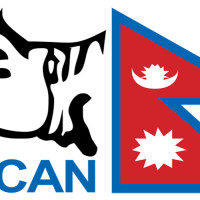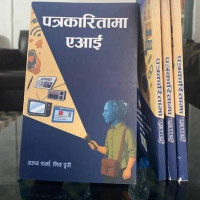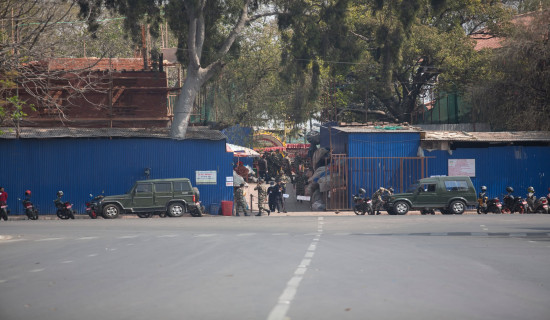- Friday, 6 March 2026
Home Minister Aryal expresses gratitude for successful conduct of election
Home Minister Om Prakash Aryal has extended thankfulness to everyone for peaceful and enthusiastic conduct of the election to the House of Representatives members on Thursday.
PM Karki congratulates citizens
Prime Minister Sushila Karki has congratulated all Nepali people for the successful conduct of the House of Representatives election.
Democracy emerged victorious: RSP Senior Leader Shah
With the successful completion of the House of Representatives (HoR) elections nationwide today, the senior leader of Rastriya Swatantra Party (RSP), Balendra Shah, has stated that democracy has won today under the premiership of Sushila Karki.
Thanks to all for peaceful HoR poll: NCP coordinator Prachanda
"We will respect the decision of the people in the days to come and move forward in unity of all for the best interest of the people and the country," said coordinator Prachanda.
Nation
Chair Oli thanks all sides for successful election
Chairman of the CPN UML, KP Sharma Oli, has thanked all sides from government to Election Commission and voters for peaceful conduct of the House of Representatives election on Thursday.
Home Minister Aryal expresses gratitude for successful conduct of election
Home Minister Om Prakash Aryal has extended thankfulness to everyone for peaceful and enthusiastic conduct of the election to the House of Representatives members on Thursday.
We worked with selfless spirit, integrity to perform responsibility, PM Karki says
Prime Minister Sushila Karki has said she worked with the confidence that jobs will be performed if done through a selfless spirit and integrity.
PM Karki congratulates citizens
Prime Minister Sushila Karki has congratulated all Nepali people for the successful conduct of the House of Representatives election.
World
China's national legislature opens annual session
Lawmakers examined a draft outline of the 15th Five-Year Plan (2026-2030) for national economic and social development. They examined the report on the implementation of the 2025 plan for national economic and social development and on the 2026 draft plan, and the draft plan for national economic and social development in 2026.

Business
Lone potter rues over youth indifference to indigenous skill
Many people may not recognize Suk Bahadur Kumal, 65, who hails from Duipiple (previously known as Kumal Tari) in Madhya Nepal Municipality, Lamjung. Kumal appears to be an ordinary pott
Mungling-Pokhara road expansion in final stage
Construction work on the eastern section of the Mugling-Pokhara stretch of the Prithvi Highway, currently undergoing expansion, has reached its final stage. According to Bishnu Prasad Pandey, Information
War in Iran disrupts Middle East flights
The U.S. and Israel's joint war in Iran has already upended travel across the Middle East, stranding tens of thousands of people. And the future is anything but certain. Experts stress that fl
Target sales and profits dip yet again
Target reported another quarter of declining sales and profits as the retailer struggles to regain its footing with its customers contending with higher prices almost everywhere. But the Minneapolis co
Sports
CWC League-2 Series in Nepal postponed
Amid heightened tensions in West Asia, the ICC Cricket World Cup League 2 triangular series scheduled to be held in Nepal from 10 March has been postponed until further notice.
Interview
Exercise your sovereign right wisely to elect competent candidates
The election to the House of Representatives (HoR) is set for March 5, marking one of the most closely watched polls in the country’s history. To ensure free, fair, credible and fear-free electoral process, the Election Commission (EC) has stepped up its p
We have prioritised digital outreach
The Election Commission (EC) is all set to conduct House of Representatives (HoR) election next week. There is quite a lot of worry and concern how the EC will conclude the election successfully. In this context, secretar

.jpg)
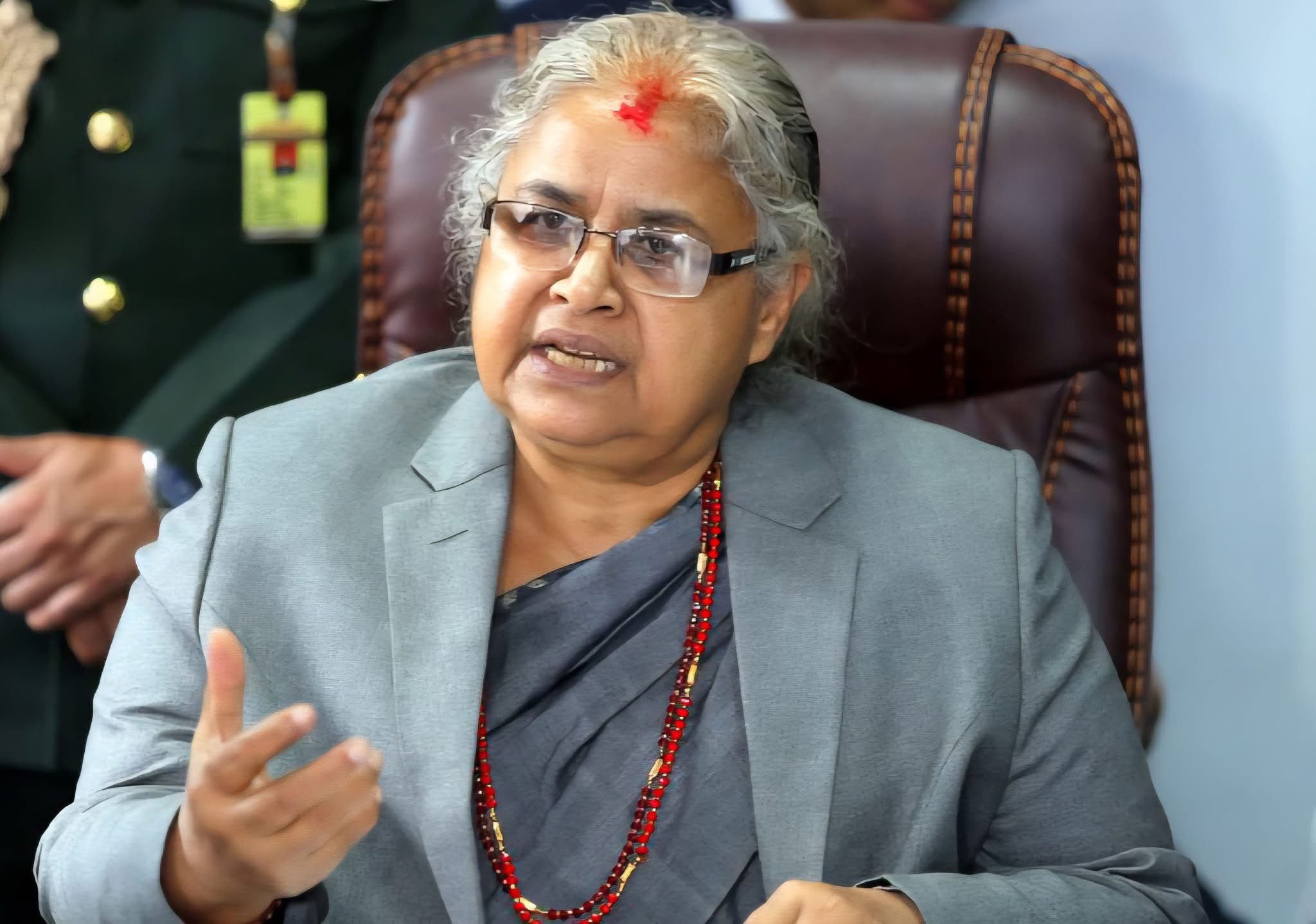
-original-thumb.jpg)

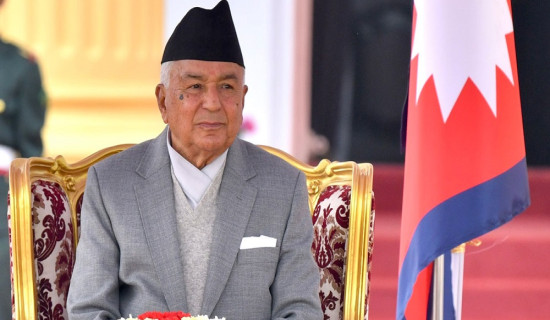
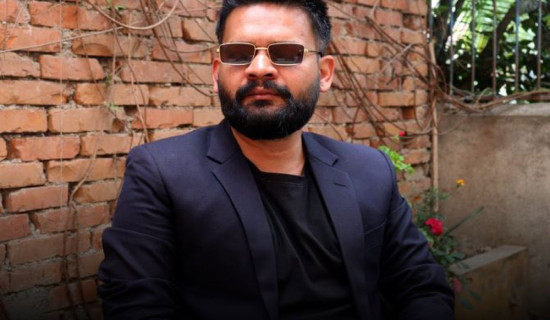
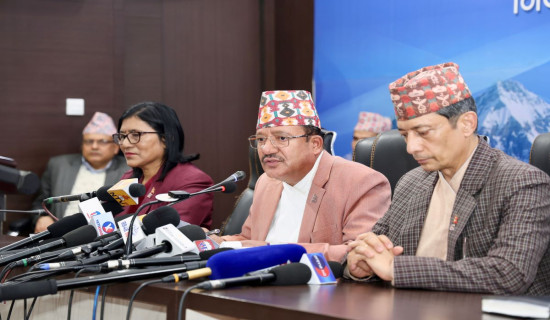
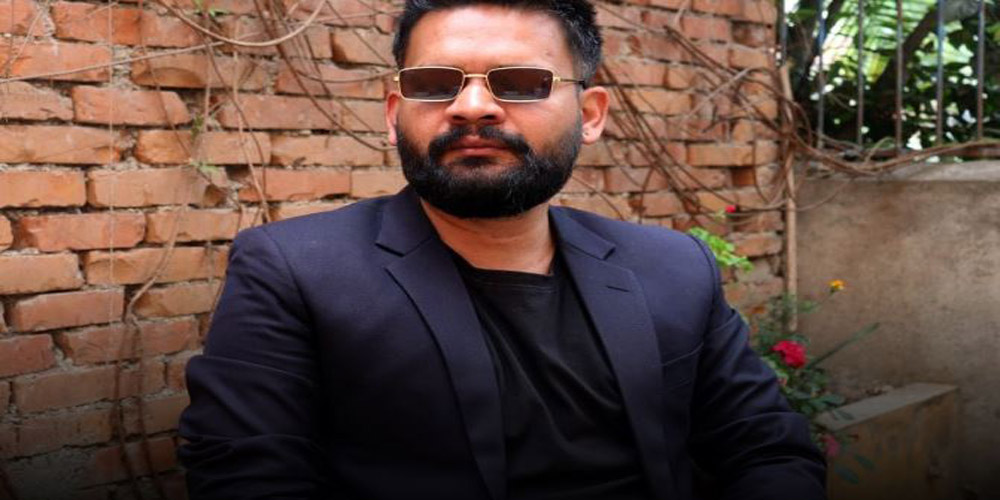
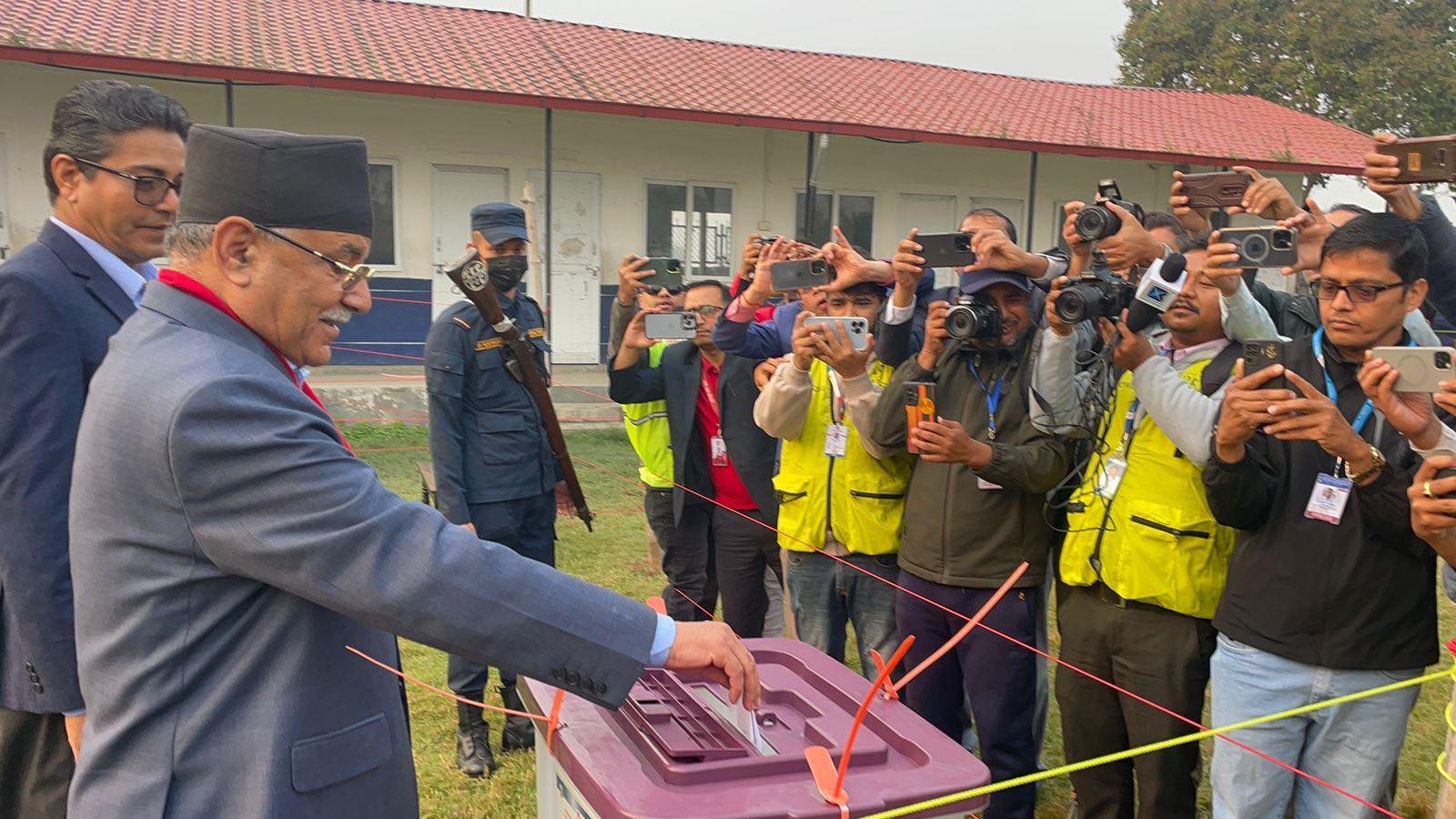
-original-thumb.jpg)
